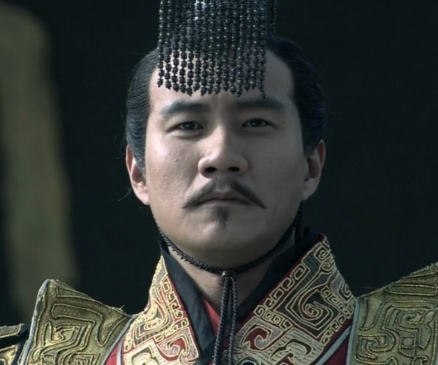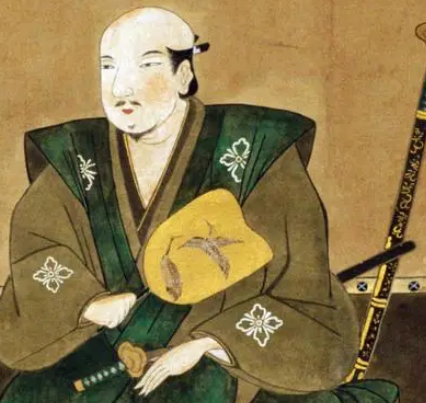The Ottoman Empire, once a powerful empire that ruled over three continents, has played a significant role on the historical stage of Europe and Asia since the 14th century. Today's Turkey, as the successor of the Ottoman Empire, shares an obvious connection with its predecessor. This article will explore the relationship between the Ottoman Empire and modern Turkey, as well as how this relationship has influenced Turkey's national identity and ethnic recognition.

Firstly, the legacy of the Ottoman Empire occupies an important position in Turkey's history, culture, and political life. Turkey's language, law, administrative system, and religious beliefs are all deeply influenced by the Ottoman Empire. For instance, the official language of Turkey - Turkish, originates from Ottoman Turkish in terms of grammar, vocabulary, and writing system. In addition, Turkey's legal system has inherited many traditions from the Ottoman Empire, such as the Islamic law (Sharia) which still holds an important position in Turkish law.
Secondly, the Ottoman Empire's architectural and artistic works have been well preserved and passed down in Turkey. Famous landmarks such as the Blue Mosque and Topkapi Palace in Istanbul are all legacies of the Ottoman Empire. These buildings not only showcase the architectural skills and artistic styles of that time, but also bear witness to the glorious history of the Ottoman Empire. Furthermore, Turkey's folk art, music, and dance have also been influenced by Ottoman culture, providing rich cultural experiences for modern Turks.
However, the relationship between the Ottoman Empire and modern Turkey is not merely a continuation of history. In the process of national identity and state-building in Turkey, the inheritance and development of the Ottoman Empire have also played a crucial role. After the establishment of the Republic of Turkey, in order to strengthen national identity and national cohesion, the new government actively promoted the historical and cultural heritage of the Ottoman Empire as an important component of national identity. At the same time, the Turkish government has also carried out reforms in political, economic, and social systems to adapt to the development needs of modern society.
In conclusion, the relationship between the Ottoman Empire and modern Turkey is complex and diverse. On the one hand, the legacy of the Ottoman Empire occupies an important position in Turkey's history, culture, and political life; on the other hand, while inheriting and developing Ottoman culture, modern Turkey is also striving to construct its own national identity and ethnic recognition. This intersection of history and reality makes the relationship between the Ottoman Empire and modern Turkey richer and deeper.
Disclaimer: The above content is sourced from the internet and the copyright belongs to the original author. If there is any infringement of your original copyright, please inform us and we will delete the relevant content as soon as possible.































